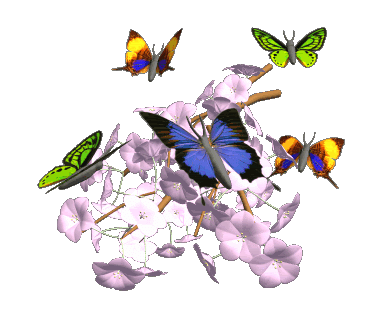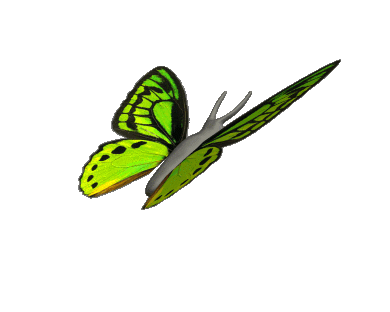Most of the time, when people hear about Vodou, what they know about it is from TV. The Hollywood version of Vodou is conceived of by people who do not know about Vodou. Books on Vodou are often not much better; they are usually written by people who do not have a full understanding of what Vodou really is.
It is hard for many to stop from prejudging Vodou based on popular culture and other misrepresentations. I have always said that it is not a good idea to love or hate a thing that you don’t even know.
Throughout this website are summaries to explore a different understanding of Vodou: as ethical, mathematical and scientific, musical, healing, and more.
What follows is a brief consideration of the basics of the history of Vodou as commonly understood; a very flat version can be glossed from the Encyclopedia Brittannica, Wikipedia, and myriad books, articles, and websites.
After the arrival of Christopher Columbus on the continent of the Americas, Africans were transported to the Americas which is also named the New World. The European conquest began in Haiti (back then Hispaniola), which was also the recipient of the first wave of displaced Africans. Many of the Africans escaped slavery and took refuge in the mountains of Haiti where they co-existed with the Amerindians who also fled to the mountains after the European attempted to enslave them.
Those Africans (known as “Neg Marrons”) worked with the Amerindian Tainos to create a spiritual practice that integrated the contribution of knowledge of Antiquity among others in their transatlantic migrations; the result was a multisource blend of Kemetic influences going back to Egypt and before. This integration is what is known as Vodou, and is unique to Haiti. My Dad was a Vodou priest for 60 years; his grandfather before him. How far back did it all go, and in what ways? We can pick at the threads of the syncretic history, though it will always exceed our investigations given how messy and obscured is the fundamental nature of history.
During the war that resulted in Haiti becoming the first Black Republic in 1804, Haitians migrated to Louisiana and created Voodoo which remains a descendant of Vodou. The Haitians that migrated to Louisiana are known as Creole; their tradition is ongoing in New Orleans.
The European brought Catholicism onto the Americas that became the primary Western religion of the Europeans as well as the free Haitian Mulattoes and Africans. As a result, Catholicism got incorporated into Vodou as a third spiritual root. Today, Vodou is a formally recognized religion after years of harassment. Vodou is simultaneously a spiritual practice and a religion. The resulting practice of its adherents can be shamanic, pagan, or a combination of both.


